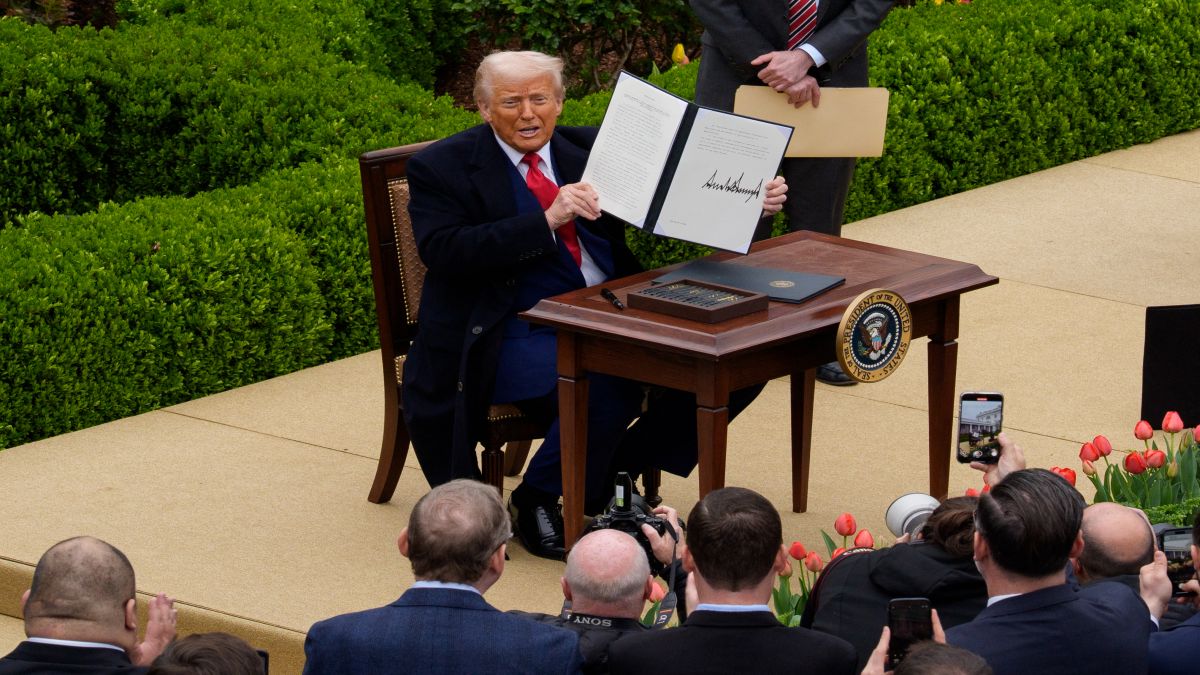Last month, a federal appeals court struck down large parts of Trump’s global tariff program, ruling that the legislation he invoked did not authorise such sweeping action.
Nevertheless, the tariffs remain in force while the case proceeds. In a 7–4 decision, the US Court of Appeals for the Federal Circuit found that Trump had unlawfully relied on the International Emergency Economic Powers Act to impose heavy duties on major trading partners.
Trump’s legal team last week urged the Supreme Court to intervene immediately, warning that the appeals court ruling risked unravelling trade negotiations.
Solicitor General D John Sauer argued in his filing that the decision “casts a pall of uncertainty upon ongoing foreign negotiations,” jeopardising both concluded agreements and those still in progress. He said the dispute was one that “clearly calls out for swift resolution.”
The Treasury secretary also cautioned that the lower court’s verdict was already weakening US leverage in trade talks. Trump himself described the case as a “very, very big” one before the Supreme Court, insisting that defeat could inflict severe economic damage, whereas victory could make the country “unbelievably rich again.”
Although the conservative-leaning Court has frequently granted Trump’s emergency applications, this will be the first time the justices directly assess the legal foundation of one of his central economic policies.
The tariffs face opposition from small businesses and several states, who contend they are unlawful and damaging. Their stance is supported by a coalition of conservative and libertarian lawyers, academics and former officials. Jeffrey Schwab of the Liberty Justice Center said: “These unlawful tariffs are inflicting serious harm on small businesses and jeopardising their survival. We hope for a prompt resolution.”
Under the Constitution, the power to tax rests with Congress. However, a 1977 statute grants the president broad emergency powers to respond to “unusual and extraordinary threats” to national security, foreign policy or the economy, including authority over imports. Trump’s lawyers maintain this language gives him the right to impose tariffs whenever he declares an emergency.
The administration argues the tariffs are correcting decades of trade policies that undermined US manufacturing and military readiness, and say they have compelled other nations to increase investment in America.
But the appeals court ruled the emergency law does not permit such a far-reaching programme. While leaving open the possibility of narrower tariff measures under the statute, the judges concluded that Trump’s approach was too sweeping and enduring to proceed without explicit approval from Congress.
Just last month, Trump invoked the emergency powers to tax imports from around 90 countries, having previously used them to levy tariffs on China, Canada and Mexico. While earlier presidents mainly employed the law to impose sanctions, Trump is the first to wield it to set broad tariffs of 10 to 50 per cent. Other legal routes to impose tariffs exist, but are more restrictive.
Separately, in June the Supreme Court declined to accelerate another case brought by two toy manufacturers challenging part of Trump’s tariff programme. That case is scheduled for argument before the DC Circuit Court of Appeals on 30 September. A district judge had sided with the companies, ruling the tariffs unlawful and “an existential threat to their businesses.” The firms have since asked the Supreme Court to consolidate their case with the broader tariff challenge.
Meanwhile, on Tuesday evening, a federal judge temporarily blocked Trump from removing Lisa Cook from the Federal Reserve’s Board of Governors, allowing her to remain in post while she contests her dismissal. The ruling represents the administration’s first setback in what could become a prolonged legal battle over presidential authority to remove a Fed official.














